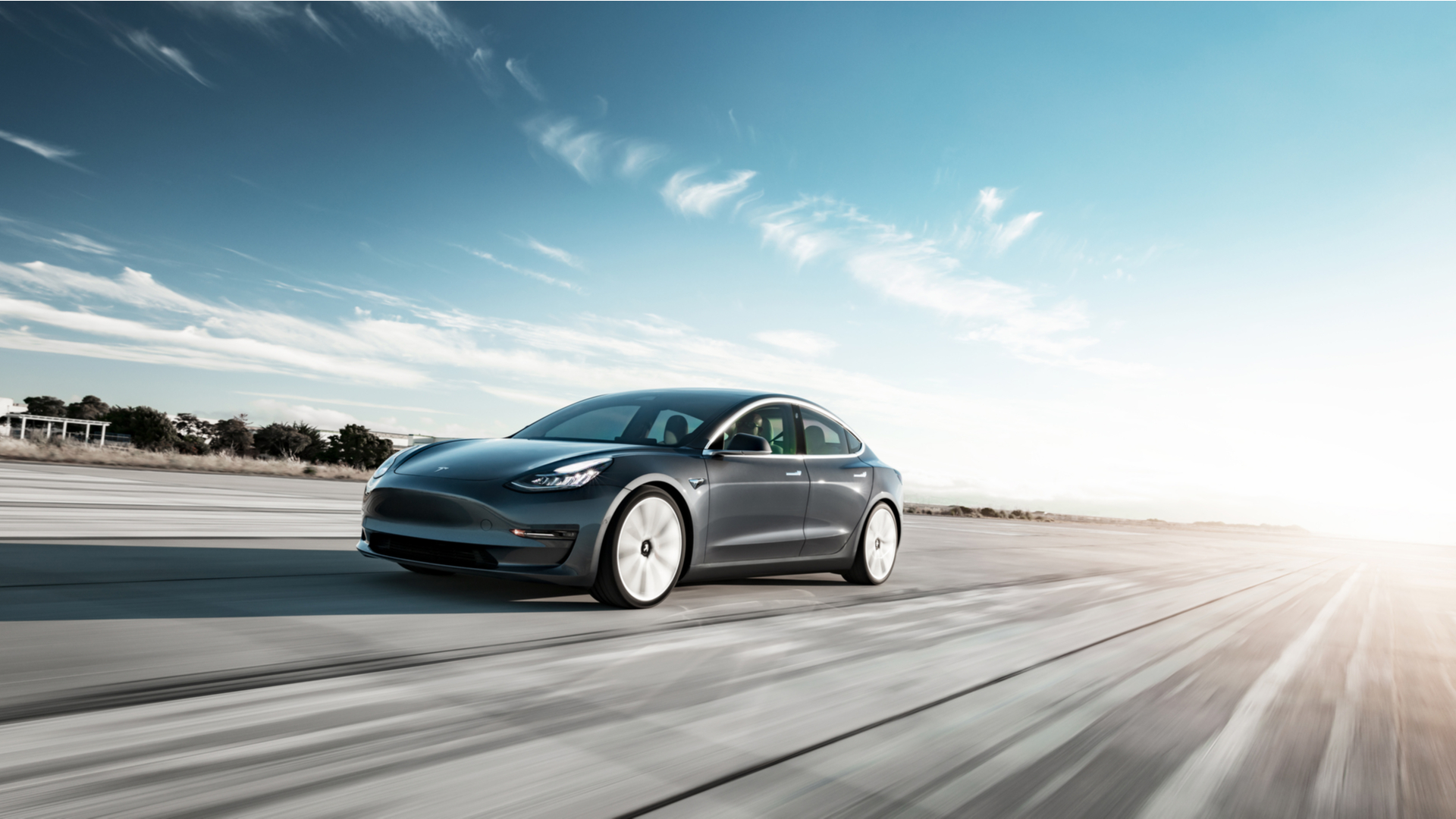Tesla’s driver safety scoring system could be a game-changer for car insurance

Sign up for breaking news, reviews, opinion, top tech deals, and more.
You are now subscribed
Your newsletter sign-up was successful
Tesla CEO Elon Musk has claimed that the automaker’s driver safety testing system “will be refined continuously until it is an extremely good predictor of crash probability” – which could be a game-changer for the car insurance industry.
At present, the system awards Tesla drivers a score between 0-100 that reflects how safely they operate their car over a given period, a figure which is then used to determine whether a driver qualifies for certain software updates.
For instance, a recent major software update to Tesla’s Full Self-Driving Mode (FSD) – a system which allows a vehicle to maneuver around other objects and onto highway ramps without the need for driver intervention – was only distributed to around 1,000 Tesla owners “with perfect 100/100 safety scores.”
FSD Beta 10.2 rolls out Friday midnight to ~1000 owners with perfect 100/100 safety scores. Rollouts will hold for several days after that to see how it goes. If that looks good, beta will gradually begin rolling out to 99 scores & below.October 7, 2021
- Another Tesla using autopilot crashes into emergency vehicle
- Tesla's Cyberquad name is not what you think it is
- Everything we know about the Mercedes EQS
Musk also suggested that “further refinements” were “definitely” coming to the company’s safety scoring system – which is still in early beta stage – in response to a tweet asking whether this would be “the same [...] system used for Tesla insurance.”
In its current state, the system uses five metrics, called Safety Factors, to calculate the likelihood that a Tesla owner's driving could result in a future collision. Most drivers are expected to have a Safety Score of 80 or above, according to the company.
Definitely further refinements coming to (early beta) safety test score. It will be refined continuously until it is an extremely good predictor of crash probability. Exciting actuarial problem!October 7, 2021
Tesla currently only offers insurance packages to vehicle owners in California, though it plans to expand the service to Texas in October and then “aspirationally” to “most of the US” by the end of 2021.
Right now, the automaker claims that its rates are “up to 30% cheaper” than the competition, though Musk’s comments suggest its fledgling safety scoring system could play a major part in determining what premiums its customers can expect to pay when the service does roll out en masse – presumably, the better a driver’s safety score, the cheaper their insurance.
Sign up for breaking news, reviews, opinion, top tech deals, and more.
A fairer system?
Of course, this isn’t an entirely new system. For years, insurance companies have fitted so-called ‘black box’ systems to vehicles as a means of monitoring driver behaviour – a method often used to promote the safety of younger drivers.
But Musk seems to be suggesting that his company’s in-built safety scoring system – which, as mentioned, is currently being used as a measure of update eligibility – might double as a ‘black box’ system as Tesla’s insurance division grows.
If so, the move might encourage the implementation of similar systems in vehicles produced by rival automakers in an effort to eliminate the need for insurance companies entirely.
If the manufacturer of a car can offer its customers accurate insurance premiums based on the safety of their driving behaviour – or “crash probability,” as Musk puts it – why would those customers shop elsewhere for the same cover?
This is, of course, all merely speculative at this point – but Musk’s comments nonetheless allude to a simpler, hassle-free and fairer future of car insurance.

Axel is TechRadar's Phones Editor, reporting on everything from the latest Apple developments to newest AI breakthroughs as part of the site's Mobile Computing vertical. Having previously written for publications including Esquire and FourFourTwo, Axel is well-versed in the applications of technology beyond the desktop, and his coverage extends from general reporting and analysis to in-depth interviews and opinion.
Axel studied for a degree in English Literature at the University of Warwick before joining TechRadar in 2020, where he earned an NCTJ qualification as part of the company’s inaugural digital training scheme.